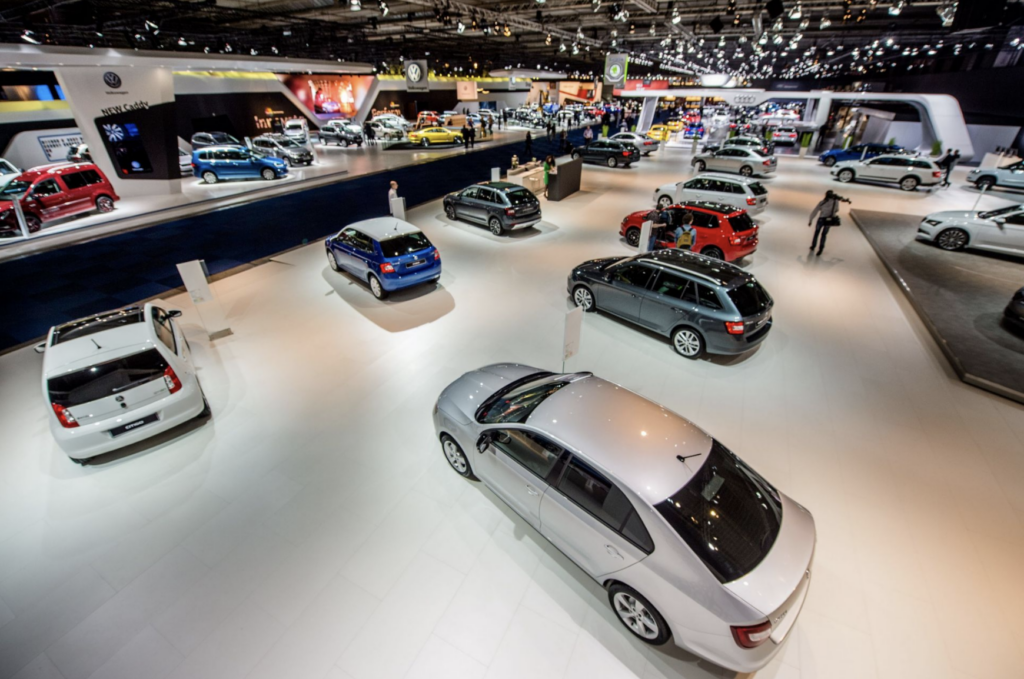In the first quarter of 2022, a total 103,146 new passenger vehicles were registered on the Belgian and Luxembourgish car market: 13.5% less than the same period last year, according to figures published by FPS Transport and the Belgian and Luxembourg Automobile and Cycle Federation (FEBIAC).
The statistics reveal a slump in sales of most types of vehicles. Sales of light commercial vehicles, such as vans and flatbeds, have also fallen 32.4% compared to last year.
FEBIAC blames a bad start to the financial year as a consequence of the global shortage of electrical components. Across the EU, car registrations fell by 1.6% to 14.3 million units in 2021.
Computer chips – a vital component for the electronic systems in new cars – are in especially short supply. This is due largely to disruptions caused by the pandemic. The majority of the world’s computer chips are manufactured in Taiwan by the Taiwan Semiconductor Manufacturing Company (TSMC), which is experiencing extreme demand.
Related News
- Around 8,000 cars destined for Russia blocked in Zeebrugge port
- Belgian consumers shun diesel vehicles, embrace hybrid
The Federation also highlights the impact of Russia’s invasion of Ukraine and the market uncertainties it has caused. However, the weak financial start to the year does not necessarily correspond with vehicle orders.
The rise of electric vehicles
In general, producers of electric vehicles enjoyed a strong month while family car sales plummeted. Fiat sold 56% fewer vehicles than last year; Suzuki 57%; Mazda 41%; Skoda 40%; Hyundai 33%; Citroen 21%; and Peugeot 15%.
Figures for high-end car producers performed particularly poorly. In the case of Jaguar and BMW, sales were down 38% and 23%, respectively.
Yet electric vehicle producers have enjoyed a surge in new vehicle registrations. Tesla registered 103% more vehicles than last year; Volvo-owned competitor Polestar saw a 75% increase.
Oh, to be rich
While inflation and financial insecurity are hitting ordinary consumers hard, it seems to have had little impact on Belgium’s mega-wealthy. Most supercar manufacturers recorded whopping rises in annual sales. For instance, Rolls Royce is up 600% and McLaren 200%.
Of course, supercars account for a very small fraction of new vehicles sold in Belgium, but the trend is noteworthy nonetheless.
FEBIAC also notes a significant difference between vehicle sales in the consumer and corporate markets. The corporate market has fared much better, contracting by just 1.9%.

